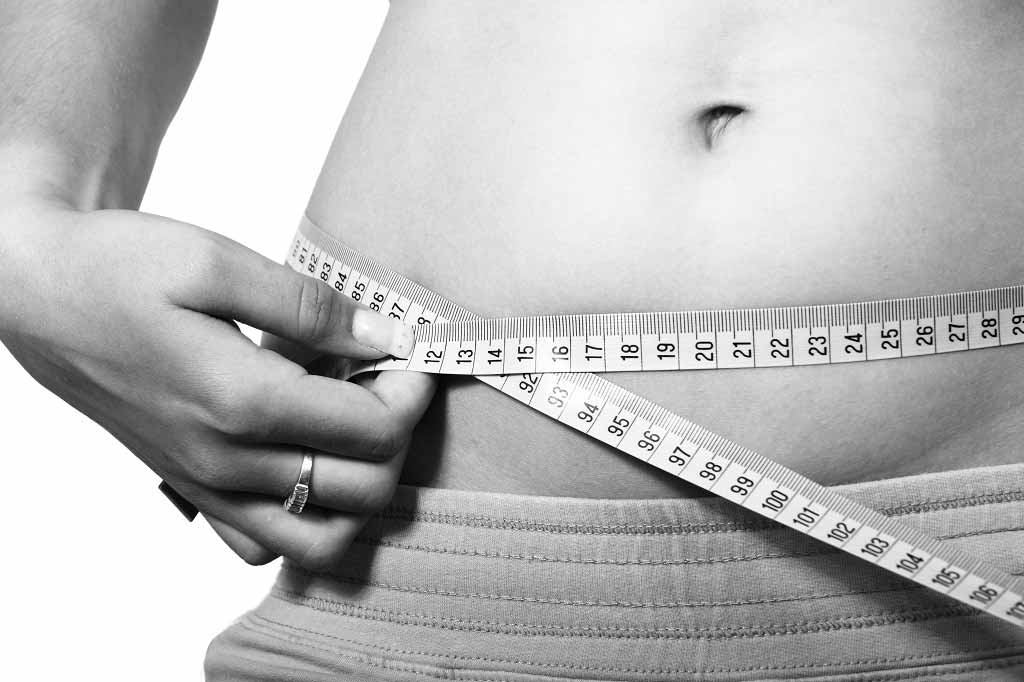Obese mums more likely to give birth to babies with birth defects
Obesity
"Women who are obese when they conceive are more likely to have a baby with serious birth defects," The Guardian reports. Swedish researchers looked at more than a million health records and found a link between excess body mass index (BMI)…
"Women who are obese when they conceive are more likely to have a baby with serious birth defects," The Guardian reports.
Swedish researchers looked at more than a million health records and found a link between excess body mass index (BMI) and the risk of a child being born with birth defects.
The researchers found there was a sliding scale of risk: the heavier the mother, the higher the risk.
Very obese women (women with a BMI of 40 or more) were 37% more likely to give birth to a baby with a birth defect than a woman of a healthy weight.
But although a 37% increase in risk sounds alarming, the actual risk only goes up by 1.3%.
Defects affecting the heart, also known as congenital heart disease, were the most common type of defect.
The researchers recommend that women planning a pregnancy try to achieve or maintain a normal body weight and lead a healthy lifestyle before getting pregnant.
This seems a good approach to take, not only for the health of your baby, but also for yourself.
Read more about body weight and pregnancy.
Where did the story come from?
The study was carried out by researchers from the Karolinska Institutet in Sweden.
It was funded by the US National Institute of Diabetes and Digestive and Kidney Diseases, as well as grants from the Swedish Research Council for Health, Working Life and Welfare, and the Karolinska Institutet.
The study was published in the peer-reviewed British Medical Journal (BMJ). It's available on an open access basis, so it's free to read online.
UK media coverage on this research was generally accurate, though the Daily Mirror exaggerated the risk without putting it into context – they reported a 38% increased risk.
Not only was this slightly inaccurate (the actual figure was 37%) but it only applied to very obese women, not overweight or obese women in general.
The Mail Online and The Guardian were more responsible, reporting the actual risk for each group to show that it went from around 3.4% for women of a healthy weight to up to 4.7% for the heaviest women in the study.
As mentioned, although a 37% increase in risk sounds alarming, the actual risk goes up by 1.3%.
What kind of research was this?
This Swedish prospective cohort study assessed whether the risk of defects in infants increased with a mother's level of obesity during pregnancy.
Cohort studies are useful when trying to understand whether a link exists between an exposure and an outcome.
But it's important to keep in mind that even when confounding factors are accounted for, it isn't possible to fully rule out the effect of other external factors. As such, this study design can't confirm cause and effect between two variables.
For research questions like this, where conducting a randomised controlled trial (RCT) wouldn't be ethical, cohort studies are the best way to test for an association.
What did the research involve?
This study used data on 1,243,957 births and maternal information recorded on the Swedish medical birth register.
Maternal BMI during early pregnancy was calculated using measured weight and self-reported height at the first prenatal visit, which took place at 14 weeks.
Using the BMI, mothers were categorised into the following:
- underweight (BMI <18.5)
- normal weight (18.5 to <25)
- overweight (25 to <30)
- obesity class I (30 to <35)
- obesity class II (35 to <40)
- obesity class III (?40)
The main outcome was the presence of major birth defects in infants as defined by the European Surveillance of Congenital Anomalies Classification (EUORCAT):
- nervous system
- ear, face, neck
- heart defects
- digestive system
- genital organs and urinary system
- limb
- other
- genetic syndromes
The data was then analysed to assess for the risk of defects by comparing data between the offspring of obese mothers and normal weight mothers.
The following potential confounding factors were adjusted for:
- maternal age
- height
- the number of previous pregnancies
- smoking status during early pregnancy
- level of education
- mother's country of birth
- sex of offspring
- whether or not the mother lived with a partner
As diabetes can sometimes also cause defects in offspring, mothers with pre-gestational and gestational diabetes were excluded from the analysis.
What were the basic results?
Out of the 1,243,957 infants included in the cohort, 43,550 (3.5%) were born with major birth defects. Heart defects were the most common, with 20,074 infants born with one.
The proportion of infants born with defects in each weight category is as below:
- underweight mothers – 3.4%
- normal weight mothers – 3.4%
- overweight mothers – 3.5%
- obesity class I – 3.8%
- obesity class II – 4.2%
- obesity class III – 4.7%
The analysis showed that, compared with women in the healthy weight range, the risk of a major birth defect increased with maternal BMI by:
- 5% for overweight mothers (adjusted risk ratio [aRR] 1.05, 95% confidence interval [CI] 1.02 to 1.07)
- 12% for those in obesity class I (aRR 1.12, 95% CI 1.08 to 1.15)
- 23% for those in obesity class II (aRR 1.23, 95% CI 1.17 to 1.30)
- 37% for those in obesity class III (aRR 1.37, 95% CI 1.26 to 1.49)
Additionally, the risk was higher in boys (4.1%) than in girls (2.8%).
How did the researchers interpret the results?
The researchers concluded that, "We found that risks of major congenital malformations [birth defects] in offspring progressively increase with maternal overweight and severity of obesity.
"This underlines the importance of having a maternal BMI in the normal range before pregnancy.
"Thus, efforts should be made to encourage women of reproductive age to adopt a healthy lifestyle and to obtain a normal body weight before conception."
Conclusion
This study assessed whether the risk of birth defects increased with the severity of obesity during pregnancy.
It found the risk of a defect increased with an unhealthy maternal BMI, and was higher in boys than in girls.
This interesting research had a large sample size and is particularly important given the increasing rates of obesity in the UK.
But the study was only able to collect data on maternal BMI during early pregnancy. It would have been interesting to see whether BMI before conception and during the later stages of pregnancy had any effect on the prevalence of defects.
Additionally, the research split the background of mothers into "Nordic" or "non-Nordic". It would have been useful to have a more granular breakdown of ethnicities, as genetics inevitably plays a role in this.
It isn't surprising that the researchers recommend women who want to start a family should maintain a normal body weight and healthy lifestyle before getting pregnant.
This seems a good approach to take, not only for the health of your baby, but also for yourself.






 Subscribe
Subscribe Ask the doctor
Ask the doctor Rate this article
Rate this article Find products
Find products





